Keywords: Economic Growth
There are more than 200 results, only the first 200 are displayed here.
-
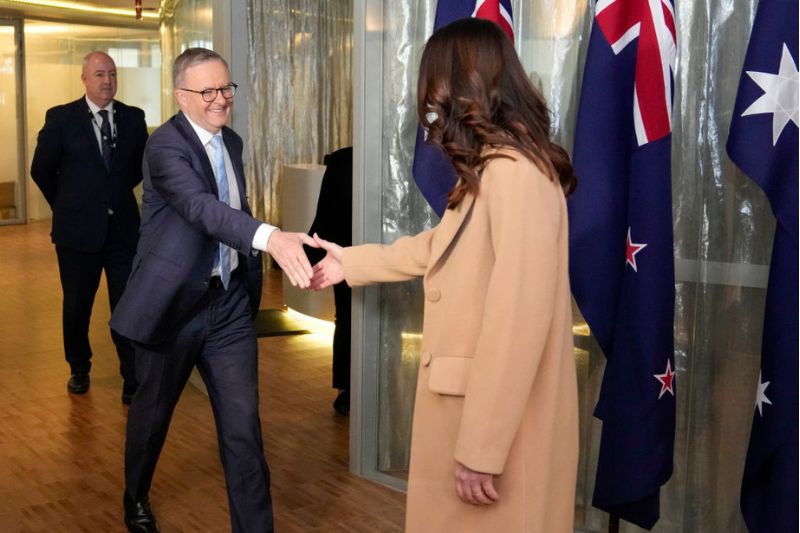
AUSTRALIA
- Andrew Hamilton
- 23 June 2022
7 Comments
Since the Federal Election one of the most refreshing features has been the new Prime Minister’s connection with people. Whether it is shown by riding a bamboo bicycle with the Indonesian President, expressing sympathy for the Nadesilingam family for their prolonged ordeal before returning to Biloela or agreeing with Jacinda Ardern, herself a model of public empathy, about the unreasonableness of expelling to New Zealand people who had never lived there, his actions displayed a readiness to listen and to enter the experience of other people.
READ MORE 
-

AUSTRALIA
- Andrew Hamilton
- 13 April 2022
11 Comments
In our culture, Easter celebrates the benignity of the ordinary. It is a time for getting together with family, for going away to bush or beach, and in southern states a time of mild weather ideal for watching big football matches and other sport. The important question raised now by Easter is whether the meanings of Australian Easter, and indeed those available to our secular society, have the depth needed to handle our present predicaments.
READ MORE 
-
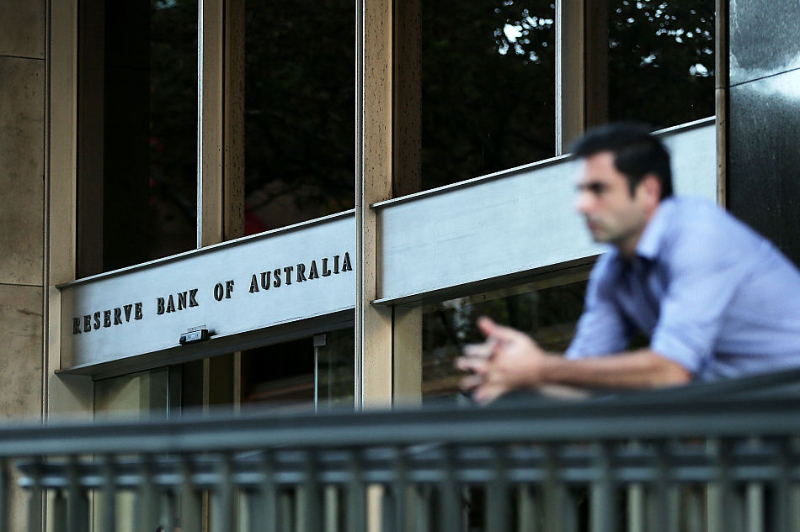
ECONOMICS
- David James
- 01 March 2022
3 Comments
Australia’s Reserve Bank mainly concentrates on keeping inflation within an acceptable range and maintaining a high level of employment. Social equity has never been considered to be part of its mandate. It should be. Interest rates have been the biggest cause of economic and social division in Australia, not just between rich and poor, but also between older and younger generations.
READ MORE 
-

ECONOMICS
- David James
- 31 January 2022
5 Comments
There is a great deal of commentary about the growing importance of artificial intelligence, or AI, especially in business circles. To some extent this is a self-fulfilling prophecy — if people think something will have a seminal effect then it probably will. But if the supposed commercial benefits are significant, the dangers are potentially enormous.
READ MORE 
-

INTERNATIONAL
- Binoy Kampmark
- 23 November 2021
51 Comments
The passing of South Africa’s last apartheid president, FW de Klerk, raises pressing questions about a complex historical character who, according to his brother, Willem de Klerk, slowly outgrew apartheid. In a critical sense, he was bound, understandably, by both time and context: race, the need to defend a racial hierarchy, the historical role of a segregationist system that saw his all-white National Party retain power for decades.
READ MORE 
-
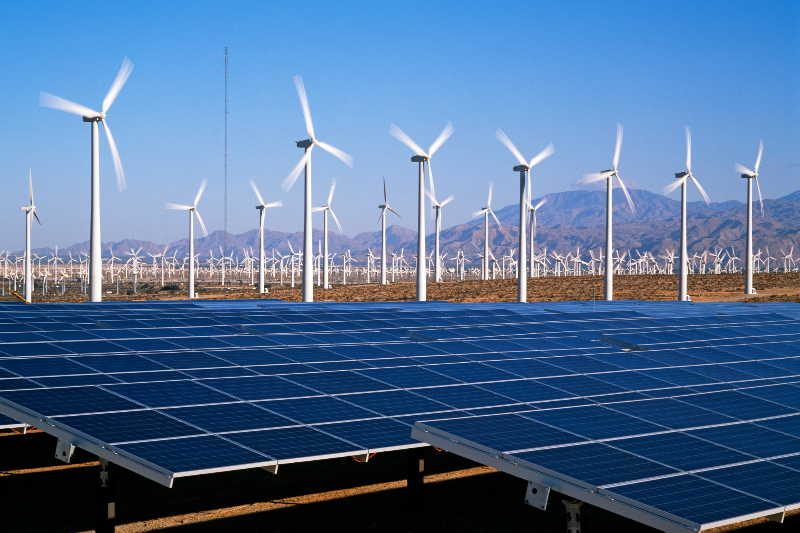
ECONOMICS
- David James
- 08 November 2021
4 Comments
The Glasgow United Nations Climate Change Conference has been advertised as an effort to focus on sustainable environmental solutions. What got much less attention, if any, is that it is probably at least as much about having a sustainable financial system. Many noted that China, did not send its leader: Xi Jinping, president of the world’s greatest CO2 emitter. There was also another significant absence: the financiers who are hoping to profit from the trillions allocated into climate change projects.
READ MORE 
-

AUSTRALIA
- Andrew Hamilton
- 04 November 2021
13 Comments
In large organisations love hardly rates a mention. Mission statements highlight care, duty, responsibility and friendliness, but not love. Love is generally seen as an interrupter, combustible, something to fence in with protocols and professional standards, and for HR to monitor. When Pope Benedict XVI devoted an Encyclical to the place of love in public relationships, people were surprised. His argument is worth revisiting.
READ MORE 
-
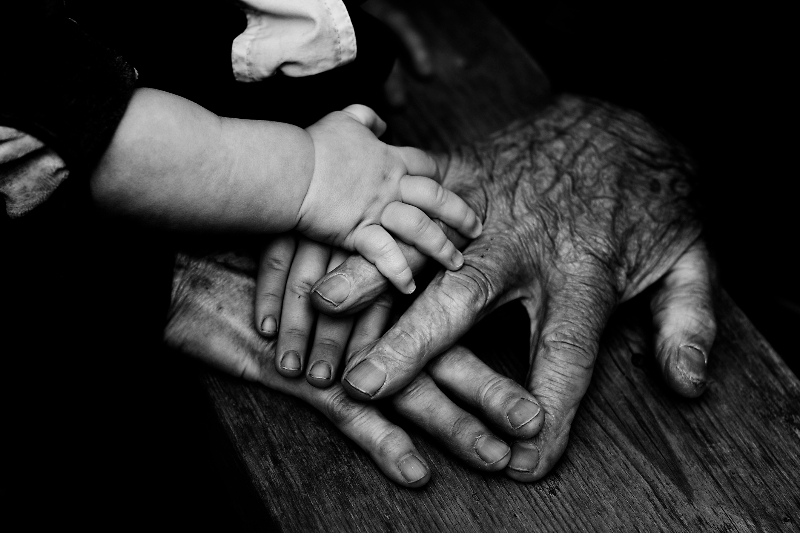
AUSTRALIA
- Andrew Hamilton
- 06 October 2021
40 Comments
Some weeks ago I wrote about the taking of human life and of the loss of its sacred connotations. I argued that the decisive consideration governing recent legislation in such issues as abortion and assisted dying has been the appeal to individual choice, supported by compassion for people who suffer from their denial. Whether we welcome this trend or regret it, as I do, we all have an interest in asking what effect it will have on society. In this article I would like to explore this question in a way that opens rather than closes conversation.
READ MORE 
-
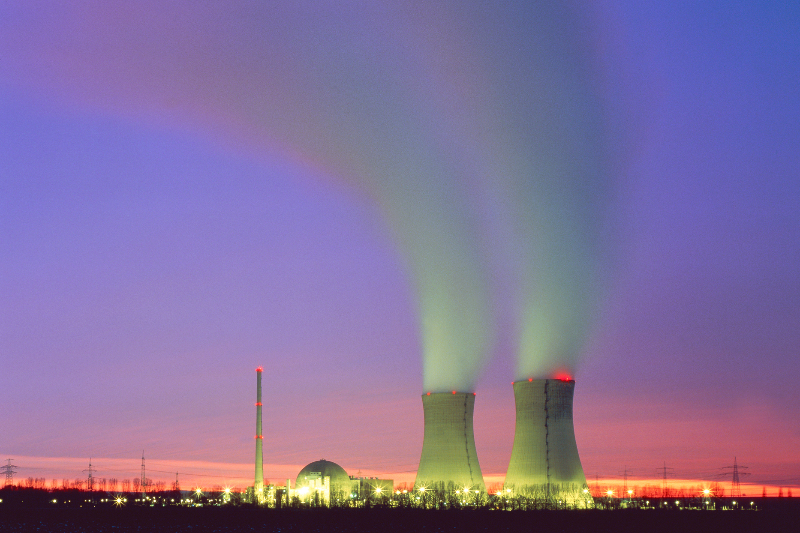
AUSTRALIA
- Andrew Hamilton
- 23 September 2021
15 Comments
Unlike December 25, September 26 is a World Day that passes by in silence. It calls for the Elimination of all Nuclear Weapons. Nuclear power is too mysterious to understand, too horrific to dwell on, and too far away to take responsibility for. It and its destructive power are unthinkable. And yet it continues to press on us, most recently in the announcement that Australia will build nuclear-powered submarines.
READ MORE 
-

AUSTRALIA
- Andrew Hamilton
- 15 September 2021
7 Comments
A striking feature of the Australia’s path through Coronavirus has been the coming out of epidemiologists and social biologists. From being little known members of small institutes they became rock stars, invited to press conferences, deferred to by politicians, selectively chosen for comment by the media, but also resented by representatives of big business and defenders of individual freedom.
READ MORE 
-

ARTS AND CULTURE
- Gillian Bouras
- 19 August 2021
10 Comments
My son’s Athenian flat was burgled last month. I had been visiting Athens for the first time in more than a year, and so was with the family when they arrived back, after a fairly brief evening absence, to sheer chaos. Anybody who has had this experience will be able to picture the scene: every drawer and cupboard had been opened, with the contents spilled and strewn everywhere. Even the loft had been checked.
READ MORE 
-
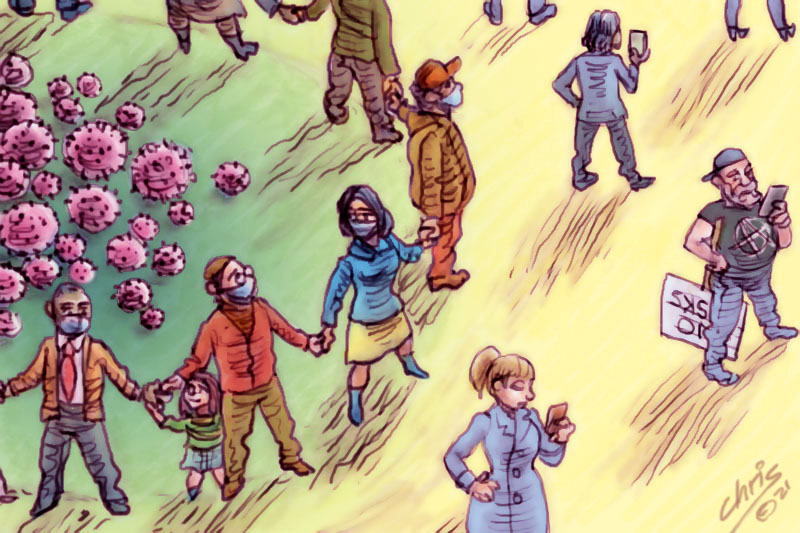
AUSTRALIA
- Barry Gittins
- 17 August 2021
10 Comments
In his 83 years, social psychologist, researcher and author Hugh Mackay has seen the sun rise and set on regimes, ideologies, cults, fads, movements and manias. He has also seen language used to clarify and build common ground, or to confuse and demoralise. One constant throughout these years has been his fascination with how human beings treat each other and their planet, and why.
READ MORE 